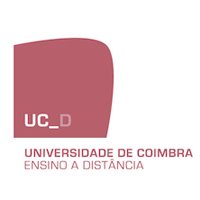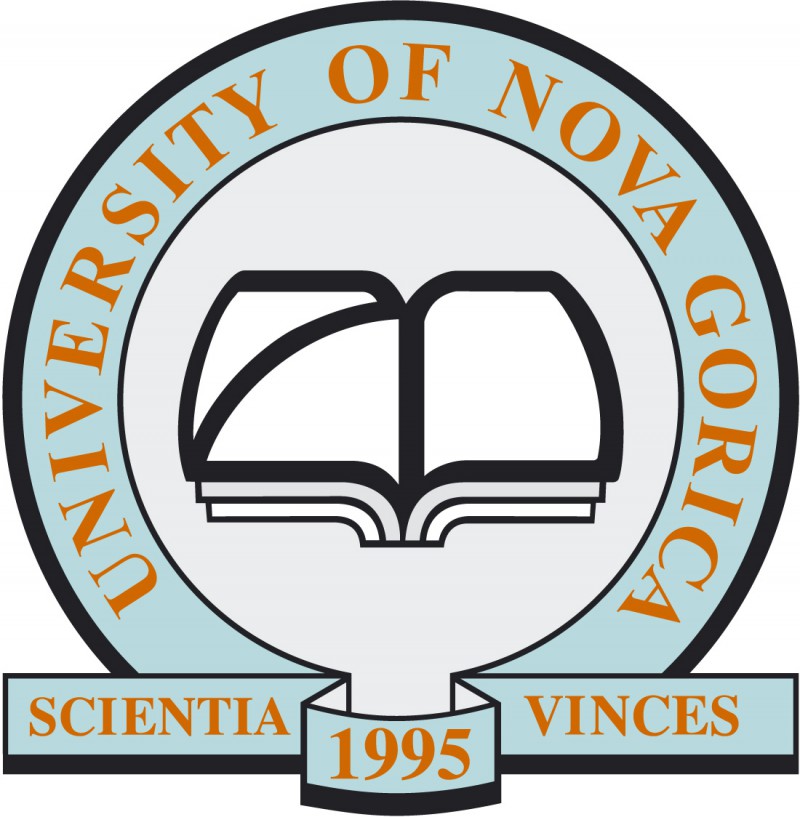
Online NBS Course
Online Course: Co-creation of Nature and Human-based Solutions
Cities are facing major challenges due to the effects of climate change and increasing social inequalities.
Urban regeneration processes need to be more and more inclusive and involve citizens in co-creating the solutions for their territory to tackle environmental risks, economic difficulties, slow mobility, and healthy food challenges.
To achieve this, the governance model that guides our cities must create democratic platforms where the decision-making process is shared with the local community.
URBiNAT is working on this agenda since 2018 by developing concepts, methods and tools that have been tested in eight very different cities. Now that URBiNAT is coming to an end in March 2024, it is time to share this experience with other people interested and amplify our community of practice.
In this sense, the course aims to introduce participants to the co-creation of nature-based solutions in the territories they live, work or study. The course offers an open and flexible methodology that allows participants to simulate the activation of their living lab and develop a co-creation process to implement NBS.
Course Overview
Online Course:
Co-creation of Nature and Human-based Solutions
Working language: Training and materials are available in English
Duration: 81 hours over a period of 2,5 months
Important Dates:
- Start date: 1 March 2024
- End date: 17 May 2024
- Application deadline: 15 February 2024 (closed)
Target Audience:
- Municipal technicians and professionals with a stake in territorial management
- Community mediators and facilitators
- Local stakeholders
- Grad students, researchers and professionals in the fields of architecture, landscape architecture, urban planning, urban regeneration, geography, sociology, economics, biology, law and other related fields
Number of participants: 20-25
Learning Goals
- Define the concepts of nature-human-based solution and participation
- Understand the needs and challenges of the local community
- Learn how to activate a living lab
- Identify solutions to address environmental and social challenges
- Develop a strategy to activate the local community into a common project
- Explore a a strategy to implement together actions or small scale projects
- Develop a sustainable plan for a living lab in terms of governance
Course Modules & Schedule
The course is organized into modules, each module is divided into lessons. Each module has a duration of 2 weeks and is made available one by one to participants.
Module 1: Key Concepts: Urban Inclusive & Innovative Nature
1.0 Welcome! Let’s start with an Introduction
1.1 Innovating with nature for healthy cities
1.2 Inspiring solutions for urban regeneration
1.3 Aiming at social cohesion and justice
1.4 Devising people-centred projects
1.5 Co-creating corridors of inclusion
1.6 Urban governance in nature-based projects
1.7 Lessons learned and recommendations
Module 2: Local Diagnostics to define the area weaknesses and strengths
2.1 Getting and reading the data of the socio-economic and territorial context
2.2 Methods co-diagnostics (of on-site assessment) through participation, preparing the co-design and co-monitoring
2.3 Stakeholders mapping and co-governance planning
2.4 Displaying the results of the co-diagnostics
Module 3: Living Labs for citizens engagement
3.1 From mapping of participatory culture to the establishment of living labs
3.2 Approaches to innovative governance
3.3 Participatory principles and moderation techniques
3.4 Digital enablers
3.5 The voices and faces of the living labs
Module 4: The Co-design of the Healthy Corridor
4.1 The URBiNAT Catalogue and the NBS Cards
4.2 Inclusive Public Space for Living Labs
4.3 Roadmap for an Urban plan of healthy corridors
4.4 Co-Implementation of the healthy corridor
Module 5: Monitoring NBS and its impact
5.1 The importance of the observatory for monitoring
5.2 Impact of NBS on Health & Well-being
5.3 NBS impact on Nature: Monitoring NBS and hydrology
Module 6: The plurality of economic lenses towards the co-creation of NBS
6.1 Introduction: from mainstream NBS to plurality of economic perspectives towards its transformative potential
6.2 The socio-economic impact of NBS: exploring the use and added value of the SROI-instrument and the associated SSE economic paradigm
benefits distribution
6.3 The Roadmap for Social and Solidarity Economy toward inclusive urban regeneration
6.4 Business models and impacts of NBS Enterprises
The teaching methodology is based on the learning-by-doing approach, in which each student can gain knowledge and develop its activities along the course. Lessons are asynchronous. For each lesson, students are asked to watch a video-lesson, read materials and contribute to the course activity.
The course activity aims to give the participant the experience of co-creating a Healthy Corridor with NBS in a specific intervention area close to their daily lives and with the local community. Students are expected to engage in the course activity from the beginning and throughout the course.
The course activity is divided into six parts, one for each module. At the end of each module/activity, students are expected to participate in synchronous sessions in the format of online workshops (2h) to present their ongoing work and get feedback from tutors and peers.
The workshop/synchronous sessions will take place on:
- Opening online Session: 8 March 2024
- Online workshop module 1: 15 March 2024
- Online workshop module 2: 25 March 2024
- Online workshop module 3: 05 April 2024
- Online workshop module 4: 16 April 2024
- Online workshop module 5: 29 April 2024
- Online workshop module 6: 10 May 2024
- Ending online session: 17 May 2024
The platform of the course is Moodle managed by the University of Coimbra.
If students cannot attend a workshop, feedback will be provided by the module’s coordinators.
Assessement:
Assessment will be based on participation in the online session of each model. It is important to inform the course coordinator of any absences for analysis and resolution.
Certification:
Students who participate in all the synchronous sessions of the course (1 session per module), and present their ongoing work, will receive a certificate of participation issued by the Urbinat project.
Apply now!
Application for Co-creation of Nature and Human-based Solutions is closed!!






